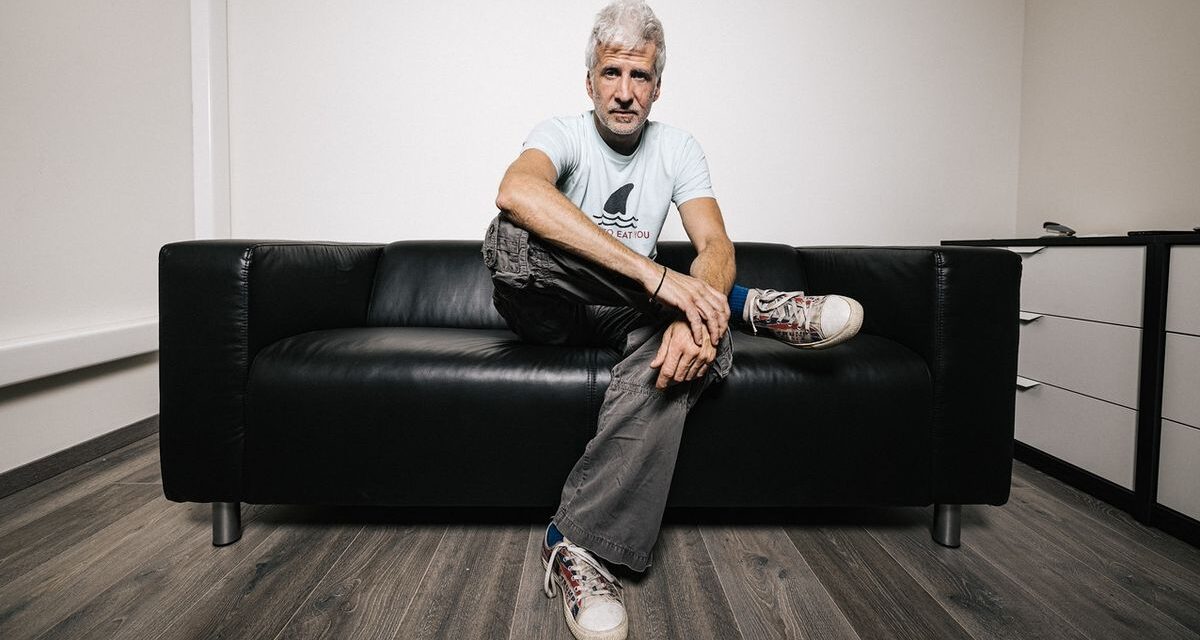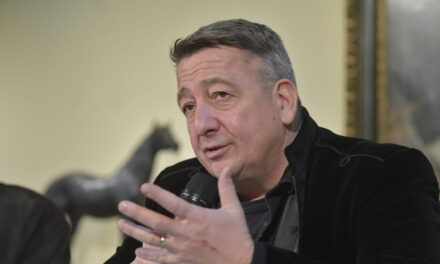America's main self-destructive sin is to deny its roots, and Europe is walking under the rug. Written by Zsolt Jeszenszky.
"In the 70s and 80s, we admired it, moreover, from afar, because it was unreachable. In the 1990s and 2000s, globalization and technological development brought it closer to us; many people got there, but at least its spirit, effects, and products reached us. And did you like it.
Nowadays, however, we look at it with less and less enthusiasm, and in many cases it actually repels us. What happened? What's happening?
Two weeks ago, I wrote about the turnaround that has taken place over the past two or three decades; that while during the Cold War, in the eastern part of the world, despots fueled by dogmatic ideologies, atheists, convinced of their own superiority, stood opposite the devout, Christian, yet pragmatic leaders of the western world, until now this has quite reversed. In the East, in the place of the former Soviet sphere of interest, we find more pragmatic leaders who do not deal with ideologies, but at least do not want to impose them on others.
The West, on the other hand, has been flooded by various ideologies (previously typical of the East, now modernized) and Western forms of neo-Marxism (gender, critical race theory, woke-ism, etc.), and in the spirit of this, the power elite wants to gain complete control over people's everyday life and way of thinking above.
This power elite does not only mean politicians, but also has many other members who are able to influence cultural life and public thinking: universities, film studios, leaders of industrial, technological and commercial giants, investors with huge fortunes, celebrities followed by millions, etc. All infected with the woke virus, they all believe that they belong to a superior sub-species of humanity, and as such, empower themselves to change societies and humanity itself. The vast majority of this elite is American. But it is important to see that not all of them are. Actually
the globalist elite is not really tied to a country, culture, nation, or any tradition. Along with his ideological convictions, he has the attitude of a technocrat; he is only interested in intellectual and technical progress, he has no emotional relation to the world, he does not particularly care about his own roots.
The phrase fits him perfectly: he knows neither God nor country."
The entire article can be read in Magyar Nemzet!
Featured image: Mandiner/Árpád Földházi













